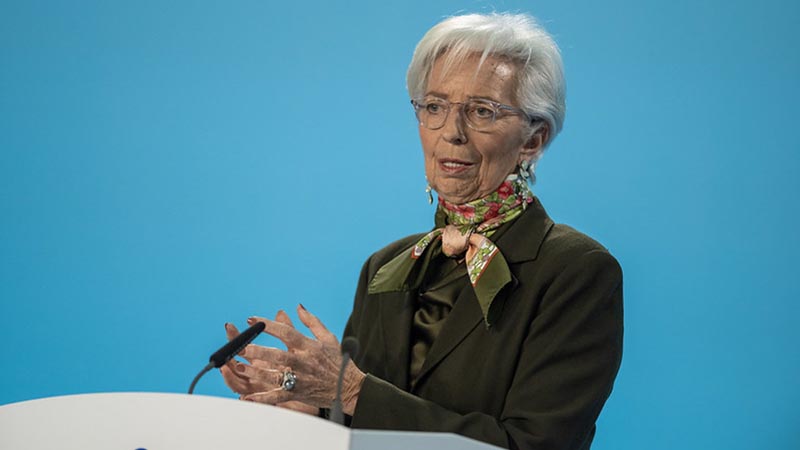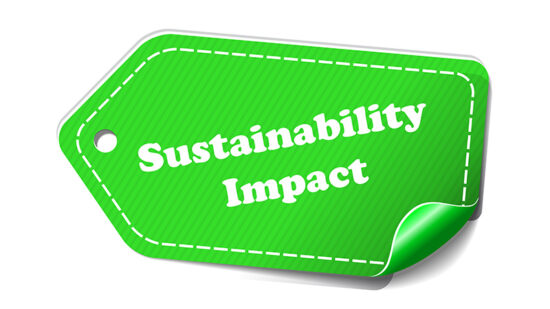The European Central Bank is likely “approaching cruising altitude” following their 25 basis-point interest rate hike this afternoon (27 July), according to some investment professionals, who said the bank’s accompanying statement was more dovish than expected.
The ECB closely followed suit with the US Federal Reserve, who also hiked rates by 25 basis points yesterday evening (26 July).
While this puts the region’s interest rate at a record high, with the benchmark deposit of 3.75% matching levels last seen in 2001, ECB President Christine Lagarde said the bank has an “open mind as to what the decision will be in September and in subsequent meetings”.
With inflation cooling, however, many economists believe this could be the last rate hike from the ECB for a while.
Anna Stupnytska, global macro economist at Fidelity International, said the statement moved “in a dovish direction” and signalled that policy is “already sufficiently restrictive”.
“The statement shows increased confidence from the ECB that they are no longer behind the curve, saying ‘inflation will drop further over the remainder of the year’ and that financial conditions ‘are increasingly dampening demand’,” she explained.
In the press conference, President Lagarde reiterated this dovishness. She noted that the near-term outlook for the Euro area has deteriorated, and that the Governing Council is now ‘open minded’ on the path of future policy, and no longer ‘in the domain of forward guidance’.
“This new emphasis on data dependency is a significant break with prior meetings.”
Stupnytska believes the Governing Council is now “clearly countenancing pausing”.
“This assessment of the macro outlook is in line with how we have been reading the European macro picture,” she continued. “We are seeing clearer signals of the transmission mechanism working through the system in the Euro area, as tightening continues to move through the credit channel into the real economy.
“Moreover, the results of latest Bank Lending Survey, together with the disappointing PMI data, is the latest evidence to suggest that to the EA economy is sliding into recession.”
The global macro economist therefore expects this to be the last hike in the current tightening cycle, so long as weather or war-induced shocks don’t put surprise upward pressure on inflation.
Alex Livingstone, head of trading – FX and ETFs at Titan Asset Management, agreed with Stupnytska that the Bank “struck a more dovish tone than anticipated”.
“The ECB gestured to clearer signs of inflation easing and admission of tightening financial conditions weighing on demand,” he said. “This is a clear nod to economic growth becoming a more important topic of focus down the line as inflation dissipates.”
‘Risks remain’
However, PIMCO portfolio manager Konstantin Veit believes the ECB could well raise rates further in the near future. That being said, he believes the ECB is “approaching cruising altitude”.
“The focus is gradually transitioning away from the precise level of terminal interest rates, towards the likely duration at peak policy rates,” he explained. “In our view, the risks remain skewed towards later policy rate cuts compared to market expectations.”
Veit argued that, for inflation to fall back to the ECB’s 2% target, “additional cooling” of the economy as well as some labour market weakness will be necessary.
“We envision the ECB aiming for an earlier cutback in PEPP reinvestments, potentially as soon as this year,” he said. “We do not anticipate the ECB to categorically rule out selling bond holdings, but see a continued focus on a gradual and orderly passive reduction of reinvestments.”







